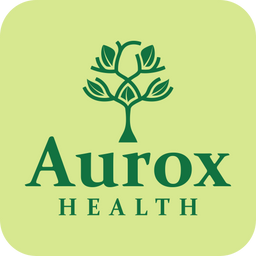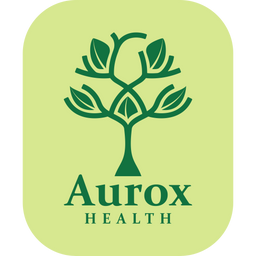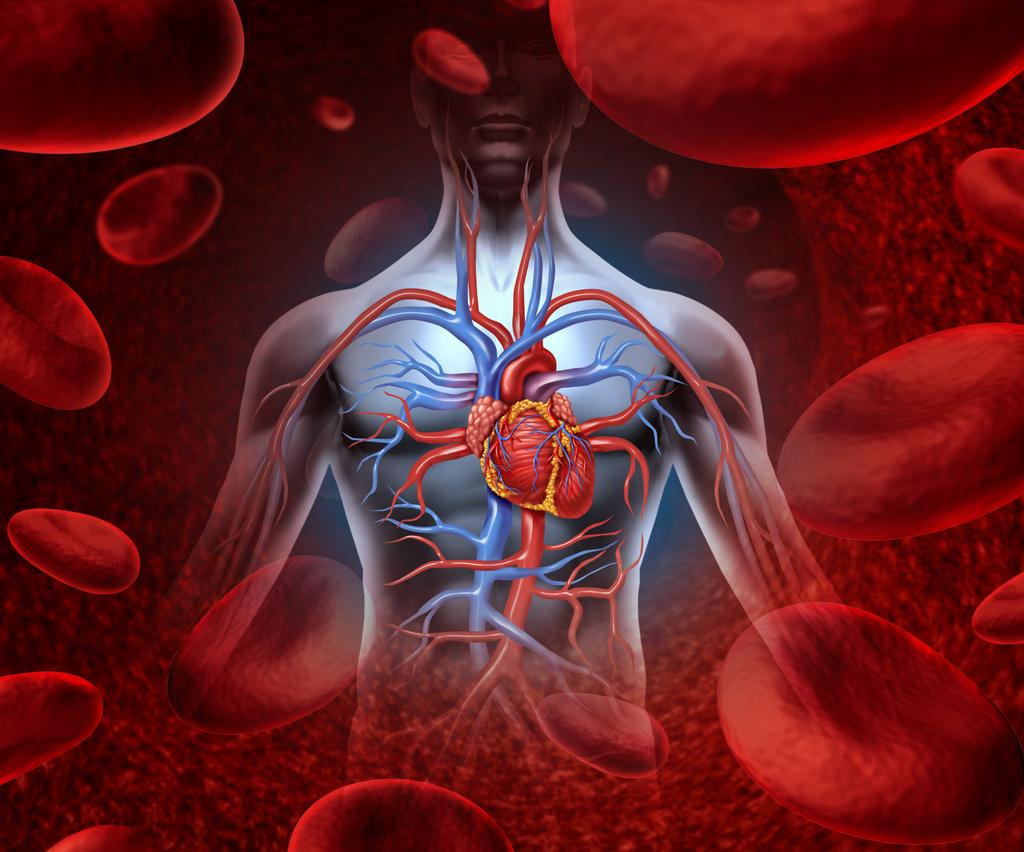Introduction to Heart Health
Maintaining a healthy heart is key for overall well-being. 🫀 Your cardiovascular system, which includes the heart and blood vessels, plays a crucial role in keeping your body functioning optimally. The food you eat directly impacts the health of your heart, making nutrition a vital aspect of cardiovascular well-being. 🥦🍎
Your heart tirelessly pumps blood, carrying oxygen and nutrients to every part of your body. This continuous circulation is vital for your organs to function correctly. A healthy heart lowers the risk of various diseases, contributing to a longer and more active life. 🏃♂️💓
Nutrition plays a pivotal role in supporting your heart's function. The food choices you make can either nourish or strain your cardiovascular system. A balanced diet provides the necessary nutrients that help maintain optimal heart health. 🍽️🥑
This article will guide you through the essential nutrients your heart needs for longevity and well-being. From omega-3 fatty acids to antioxidants, understanding these nutrients will empower you to make informed choices for a heart-healthy lifestyle. 🌱💊
Understanding the Cardiovascular System
The cardiovascular system, comprising the heart and blood vessels, is the lifeline of your body. 🫁💉 The heart, a powerful muscle, pumps blood throughout a network of arteries and veins, creating a circulatory system that spans your entire body.
As your heart beats, it propels oxygen-rich blood to organs and tissues through arteries, while veins carry oxygen-depleted blood back. This continuous circulation ensures every cell receives the oxygen and nutrients it needs to function correctly. 🔄💨
The heart, acting as the body's central pump, works alongside blood vessels, which serve as highways for blood transportation. The blood, carrying oxygen, nutrients, and waste products, completes this intricate dance. 🩸🕊️ Each component plays a vital role in maintaining the balance required for overall health.
A balanced diet significantly influences the cardiovascular system's efficiency. 🥗 Choosing nutrient-rich foods helps regulate blood pressure, control cholesterol levels, and reduce the risk of heart-related diseases. The relationship between diet and heart health underscores the importance of mindful eating for a long and healthy life. 🌐🍏
Key Nutrients for Heart Health
Ensuring a healthy heart involves incorporating essential nutrients into your diet. 🍽️ Let's explore the key vitamins, minerals, and other dietary components known for their significant cardiovascular benefits.
-
Omega-3 Fatty Acids: Omega-3s, found in fatty fish, flaxseeds, and walnuts, are vital for heart health. They reduce inflammation, lower blood pressure, and support overall heart function. 🐟🌰
-
Antioxidants: Antioxidants from fruits, vegetables, and nuts protect the heart from oxidative stress. Neutralizing free radicals, antioxidants help prevent damage to blood vessels and reduce the risk of heart disease. 🍓🥦
-
Fiber: Dietary fiber, present in whole grains, legumes, and fruits, is crucial for heart health. It helps control cholesterol levels, manage blood sugar, and maintain a healthy weight, reducing the risk of heart disease. 🌾🍏
-
Potassium: Found in bananas, oranges, and potatoes, potassium is essential for heart function. It helps regulate blood pressure by balancing sodium levels, promoting a healthy cardiovascular system. 🍌🥔
-
Magnesium: Magnesium, present in nuts, seeds, and leafy greens, supports heart rhythm. It helps maintain a steady heartbeat and supports overall heart muscle function. 🌰🥬
-
Vitamin K: Found in leafy greens and broccoli, is essential for blood clotting. It ensures proper blood clotting, preventing excessive bleeding and supporting heart health. 🥦🩸
-
Vitamin D: Sunlight, fatty fish, and fortified foods provide Vitamin D, crucial for heart health. It helps regulate blood pressure, reduce inflammation, and support overall cardiovascular well-being. ☀️🐟
Understanding the significance and roles of these nutrients empowers you to make informed choices for a heart-healthy lifestyle. 🤔💖
Omega-3 Fatty Acids: Nature's Heart Protector
Omega-3 fatty acids are a cornerstone for maintaining a healthy heart. 🐟🫁 These essential fats, not produced by the body, must be obtained through diet, playing a crucial role in cardiovascular well-being.
Omega-3s contribute to heart health by reducing inflammation and preventing the formation of blood clots. This anti-inflammatory effect helps maintain the flexibility of blood vessels, promoting optimal blood flow. 💨🌊
Dietary Sources
-
Fatty Fish (salmon, mackerel, sardines): Abundant in EPA and DHA, two types of omega-3s crucial for heart health.
-
Flaxseeds: For Alpha-linolenic acid (ALA), a plant-based omega-3, provides cardiovascular benefits and supports heart function.
-
Walnuts: Walnuts offer a convenient and delicious way to incorporate omega-3s into your diet.
Omega-3 Supplementation
For individuals with heart disease risk factors, omega-3 supplementation may be beneficial. 🌱💊 Research suggests that supplementing with fish oil or algae-based omega-3s can:
-
Lower Triglycerides: Omega-3s help reduce blood triglyceride levels, a factor in heart health.
-
Improve Blood Pressure: Regular supplementation may contribute to lower blood pressure levels.
-
Support Overall Heart Health: Omega-3s play a role in preventing heart disease and supporting cardiac function.
Considerations
Before starting any supplementation, consulting with a healthcare professional is crucial. They can provide personalized advice based on individual health conditions and needs.
Understanding the significance of omega-3 fatty acids and incorporating them into your diet can be a step towards nurturing a healthy and resilient heart. 🍽️💓
Antioxidants: Defenders Against Heart Disease
Antioxidants are like the body's guardians, defending against oxidative stress and inflammation. 🛡️💪 They work by neutralizing harmful molecules called free radicals, which, if left unchecked, can damage cells and contribute to heart disease.
Antioxidants play a crucial role in maintaining heart health by preventing oxidative damage to blood vessels and tissues. 🍇🥦 Their protective action extends beyond the heart, contributing to overall well-being.
Sources of Antioxidants
-
Fruits (berries, citrus fruits, and apples): Contains Vitamin C, flavonoids, and carotenoids.
-
Vegetables (spinach, kale, broccoli, and bell peppers): Have lots of Vitamins A and C, beta-carotene, and phytonutrients.
-
Nuts (almonds, walnuts, and pecans): Rich in Vitamin E, selenium, and polyphenols.
Antioxidants act as a powerful defense mechanism by neutralizing free radicals. 🔄🔥 Free radicals, generated during metabolic processes or due to external factors like pollution, can damage cells in the cardiovascular system.
Cardiovascular Benefits
-
Reduced Inflammation: Antioxidants help quell inflammation, a contributor to heart disease.
-
Improved Blood Vessel Function: By protecting blood vessels from oxidative damage, antioxidants contribute to their proper functioning.
-
Lowered Risk of Atherosclerosis: Antioxidants inhibit the formation of plaques in arteries, reducing the risk of atherosclerosis.
Incorporating a variety of antioxidant-rich foods into your diet provides a natural and effective way to support your heart's health. 🌈🍓
Fiber: The Unsung Hero of Heart Health
Dietary fiber is the unsung hero in the realm of heart health, playing a pivotal role in maintaining cardiovascular wellness. 🌾💖 This indigestible component of plant-based foods offers a range of benefits that contribute to a resilient heart.
-
Cholesterol Regulation: Soluble fiber, in particular, helps lower LDL (bad) cholesterol levels, reducing the risk of heart disease.
-
Blood Pressure Management: Fiber-rich diets have been linked to lower blood pressure, promoting overall heart health.
-
Blood Sugar Control: Fiber slows the absorption of sugar, aiding in the prevention of insulin spikes and diabetes-related heart issues.
Soluble vs. Insoluble Fiber
Understanding the distinction between soluble and insoluble fiber is crucial for harnessing their specific benefits.
-
Soluble Fiber (oats, beans, lentils, fruits)
-
Cholesterol Reduction: Binds to cholesterol, aiding in its removal.
-
Blood Sugar Control: Slows sugar absorption.
-
Insoluble Fiber (whole grains, vegetables, nuts)
-
Digestive Health: Adds bulk to stool, preventing constipation.
-
Weight Management: Provides a feeling of fullness, aiding in weight control.
Practical Tips for Increasing Fiber Intake
-
Choose Whole Grains: Opt for whole wheat bread, brown rice, and whole-grain pasta.
-
Embrace Legumes: Incorporate beans, lentils, and chickpeas into soups, salads, and stews.
-
Snack on Fruits and Nuts: Keep fresh fruits and a handful of nuts as convenient, fiber-rich snacks.
-
Add Vegetables to Every Meal: Include a variety of colorful vegetables in your meals for added fiber and nutrients.
-
Read Food Labels: Look for products with high fiber content to make informed choices while grocery shopping.
By making these simple yet impactful changes, you can easily boost your fiber intake and support your heart's health in the long run. 🥦🍞
Conclusion and Practical Tips for Heart-Healthy Eating
In conclusion, cultivating optimal heart health involves a mindful approach to nutrition, ensuring you provide your body with the essential nutrients it needs. Let's recap the key elements discussed in this article:
Essential Nutrients for Heart Health
-
Omega-3 Fatty Acids: Found in fatty fish, flaxseeds, and walnuts, they support heart function and reduce inflammation.
-
Antioxidants: Abundant in fruits, vegetables, and nuts, antioxidants defend against oxidative stress and inflammation.
-
Fiber: Present in whole grains, legumes, and fruits, fiber regulates cholesterol, blood pressure, and blood sugar levels.
-
Potassium, Magnesium, Vitamin K, and Vitamin D: These nutrients, found in foods, play crucial roles in maintaining a healthy cardiovascular system.
Incorporating Variety for Heart Health
Encourage diversity in your diet by incorporating a range of nutrient-rich foods. 🍏🥬 Make each meal a palette of fruits, vegetables, lean proteins, and whole grains. This variety ensures you obtain a broad spectrum of essential nutrients for heart wellness.
Practical Tips for Heart-Healthy Eating
-
Balanced Plate: Aim for a plate with a mix of vegetables, lean proteins, whole grains, and healthy fats.
-
Smart Snacking: Opt for heart-healthy snacks like fresh fruits, yogurt, or a handful of nuts.
-
Limit Processed Foods: Minimize intake of processed and high-sugar foods, which can contribute to heart-related issues.
-
Hydration: Stay well-hydrated with water, as proper hydration supports overall cardiovascular health.
-
Mindful Portions: Be mindful of portion sizes to maintain a healthy weight, reducing the risk of heart-related conditions.
Remember, small changes can lead to significant improvements in heart health over time. By adopting these practical tips and incorporating a variety of nutrient-rich foods into your daily meals, you are taking proactive steps towards long-term cardiovascular wellness. 🌱💓






